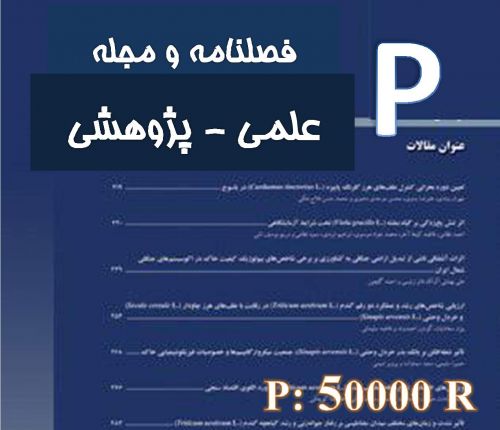In this study, frozen yoghurt containing free and encapsulated Lactobacillus casei (Lc-01) and Bifidobacterium lactis (Bb-12) were manufactured. The physicochemical properties, organoleptic characteristics and survival of Lactobacillus casei and Bifidobacterium lactis were monitored during the product’s storage for 150 days at -18ᵒ C and under simulated gastrointestinal condition. The viable cell number of Lactobacillus casei and Bifidobacterium lactis in the free state in frozen yoghurt mixture was 4.7×10 8 and 5×10 8 CFU/g at the day of production, and after 150 days of storage, these numbers were decreased to 4.5×106 and 3.5×106 CFU/g, respectively. These data for encapsulated bacteria was 7.3×108 and 9.1×108 CFU/g at the day of production and at the end of survey it decrease to 8.6×107 and 9.6×107 CFU/g. Probiotocs survival in simulated gastrointestinal condition was also improved with encapsulation. In general, encapsulation can significantly increase the survival of probiotic bacteria in frozen yogurt over its shelf-life and in simulated gasterointestinal condition, but addition of inulin has not any improving effect on these two parameter. However, the addition of encapsulated probiotics and inulin had no significant effect on the sensory properties of frozen yogurt, but inulin improves viscosity and melting properties.
کلید واژگان :Bifidobacterium lactis, Frozen yogurt, Gasterointestinal, Lactobacillus casei, Probiotic
ارزش ریالی : 600000 ریال
با پرداخت الکترونیک
جزئیات مقاله
- کد شناسه : 3154728411168444
- سال انتشار : 2012
- نوع مقاله : پذیرفته شده در مجلات علمی و پژوهشی
- زبان : انگلیسی
- محل پذیرش : International Journal of Probiotics and Prebiotics Vol. 7, No. 3
- برگزار کنندگان :
- ISSN :
- تاریخ ثبت : 1397/10/22 12:38:31
- ثبت کننده : محمود امین لاری
- تعداد بازدید : 287
- تعداد فروش : 0
